South Korea's Constitutional Court to decide impeached president's fate
Court requires unanimous vote from 6 judges to remove Yoon, while 3 seats remain vacant
Reuters
News Agency Partner
Reuters is a leading source of news and information, delivering fact-based reporting and expert analysis on international events and trends.
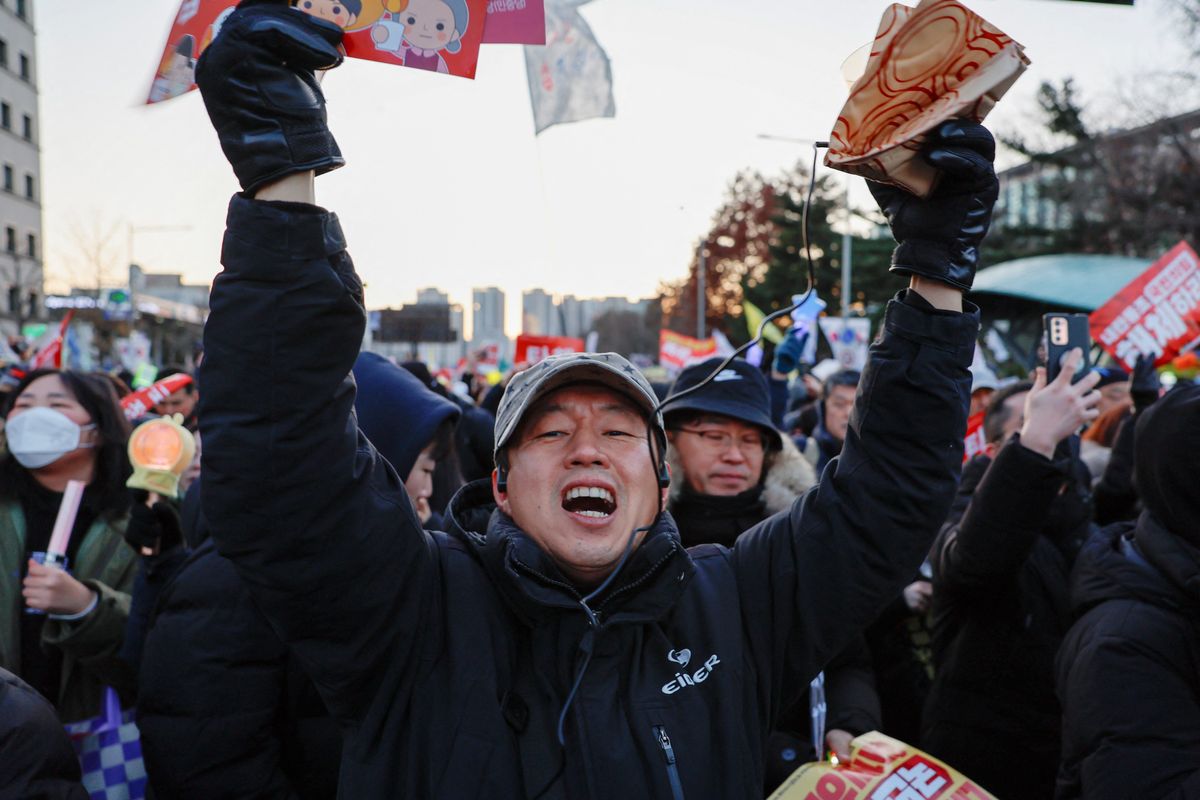
People celebrate after South Korean parliament passed a second impeachment motion against President Yoon Suk Yeol over his martial law decree following a vote, during a rally calling for the impeachment of President Yoon Suk Yeol.
Reuters
President Yoon's powers suspended while PM Han Duck-soo serves as acting president
Court must decide within 180 days; new election required within 60 days if removed
This marks South Korea's second presidential impeachment, following Park Geun-hye in 2017
South Korea's Constitutional Court controls President Yoon Suk Yeol's fate, after parliament impeached him on Saturday over his short-lived martial law decree last week.
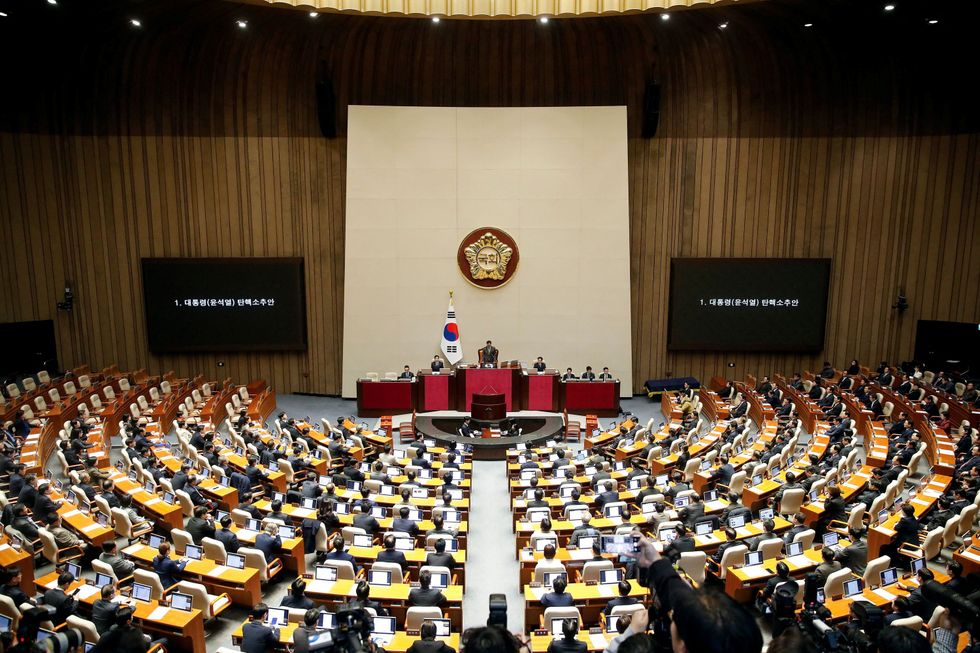
Yoon's presidential powers are suspended but he remains in office, retaining his immunity from most charges except for insurrection or treason. Yoon-appointed Prime Minister Han Duck-soo takes over as acting president.
The Constitutional Court must decide within 180 days whether to remove Yoon from office or reject the impeachment and restore his powers. If the court removes Yoon or he resigns, a presidential election must be held within 60 days.
The court could hold its first hearings anytime after it receives parliament's impeachment resolution.
Opposition Democratic Party lawmaker Jung Chung-rae, the head of parliament's Legislation and Judiciary Committee, will lead the case for removing Yoon.
Yoon's legal team has not been announced, but his background as a prosecutor has sparked reports that he could turn to former colleagues or even represent himself.
Impediments to court ruling
Under South Korea's constitution, six justices must agree in order to oust an impeached president. The nine-member Constitutional Court now has three vacancies, so the current justices would have to vote unanimously to remove Yoon.
The three vacancies are allotted for parliament to fill, but the opposition and ruling parties in the legislature has yet to agree on judicial appointments.
The main opposition Democratic Party, which has a majority in parliament, is seeking to fill the vacancies, and acting president Han, despite being named prime minister by Yoon, is known for his work across multiple administrations and is not expected to block any opposition nominees.
Democratic Party spokesperson Jo Seoung-lae said on Wednesday that parliament is expected to name justices by the end of the year.
Second time president impeached
In South Korea's only previous presidential removal by impeachment, the court took three months to oust Park Geun-hye in 2017.
This time, the terms of two court justices expire in April, and legal experts predict the court may seek to rule before then to minimize uncertainty.
In the past, academics say, Constitutional Court justices have not voted predictably by political leaning but have decided case by case, based on their interpretation of the constitution.
Conservative attempts to rally popular support for Yoon are not expected to affect the court's ruling, as Park was removed from office despite continued conservative rallies to keep her in power, warring with candlelight rallies to remove her from power.
In the case of Park, who was from the conservative party, the court voted unanimously to remove her, including some justices viewed as conservative and two Park appointees.
Yoon also faces criminal investigations related to the martial law decision.
If charged, he could ask the Constitutional Court to suspend the 180-day clock on the impeachment ruling. The court denied a similar request in Park's case.


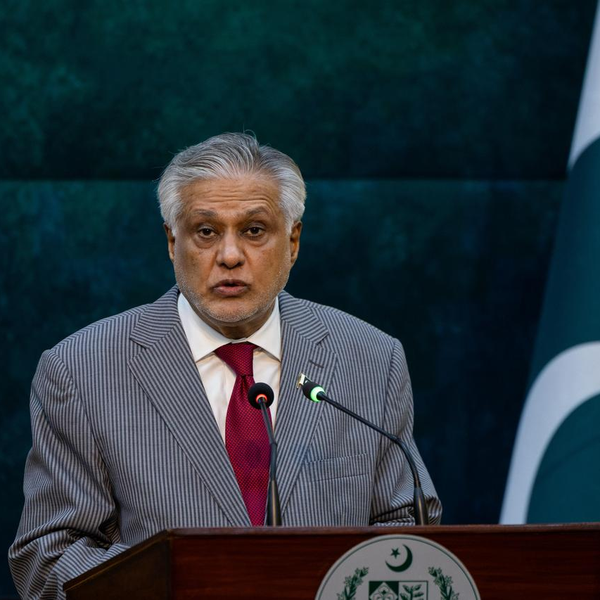
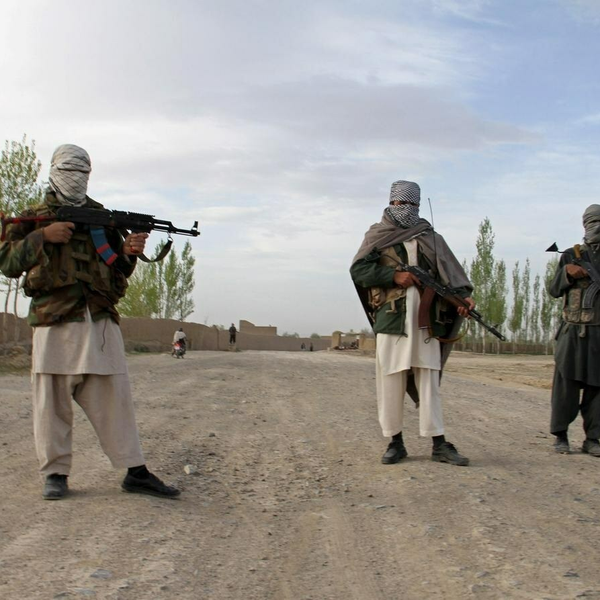

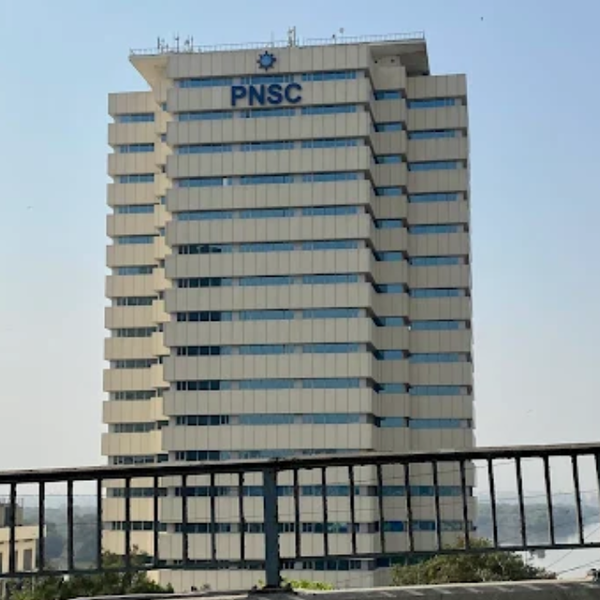

Comments
See what people are discussing